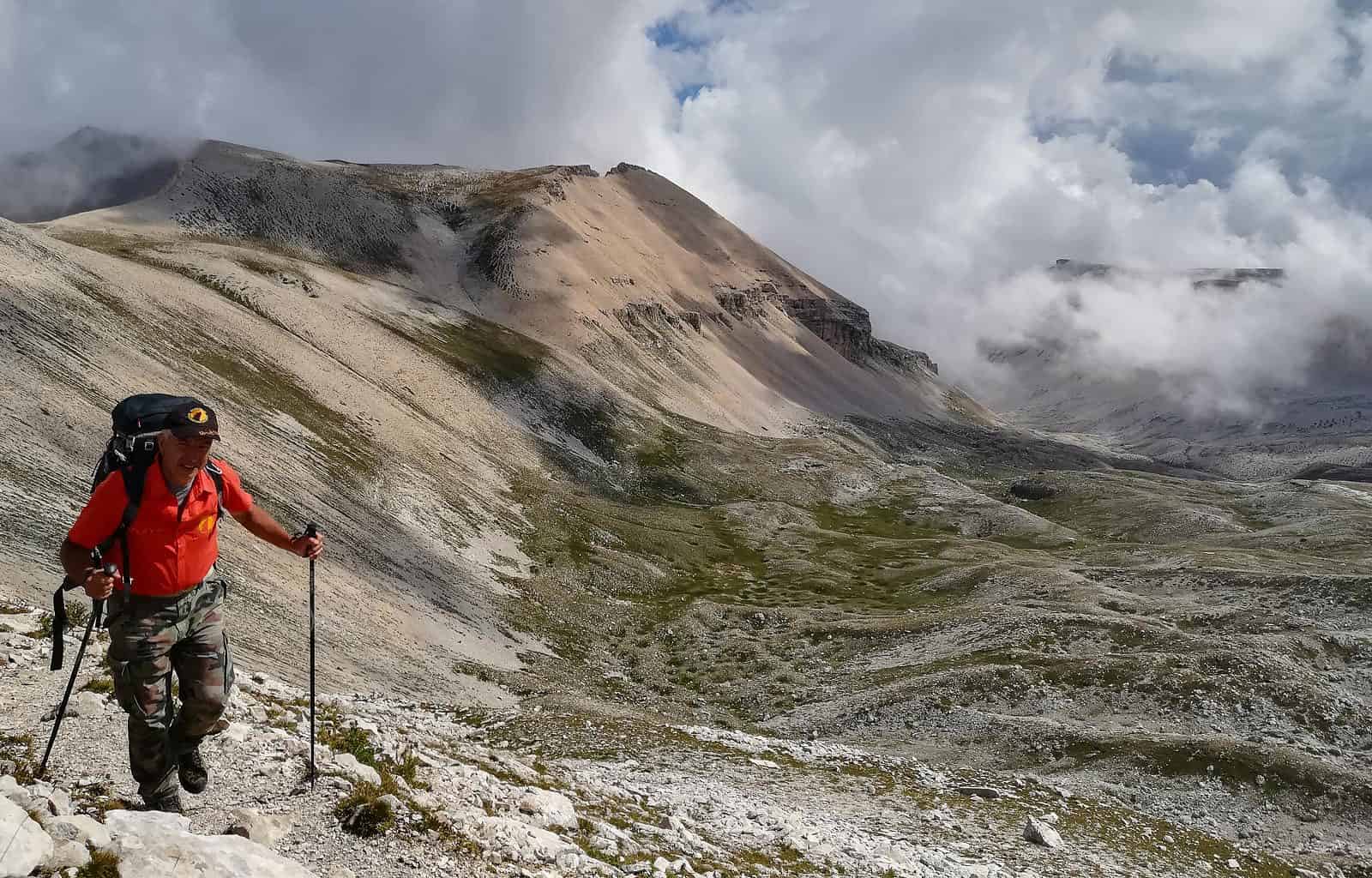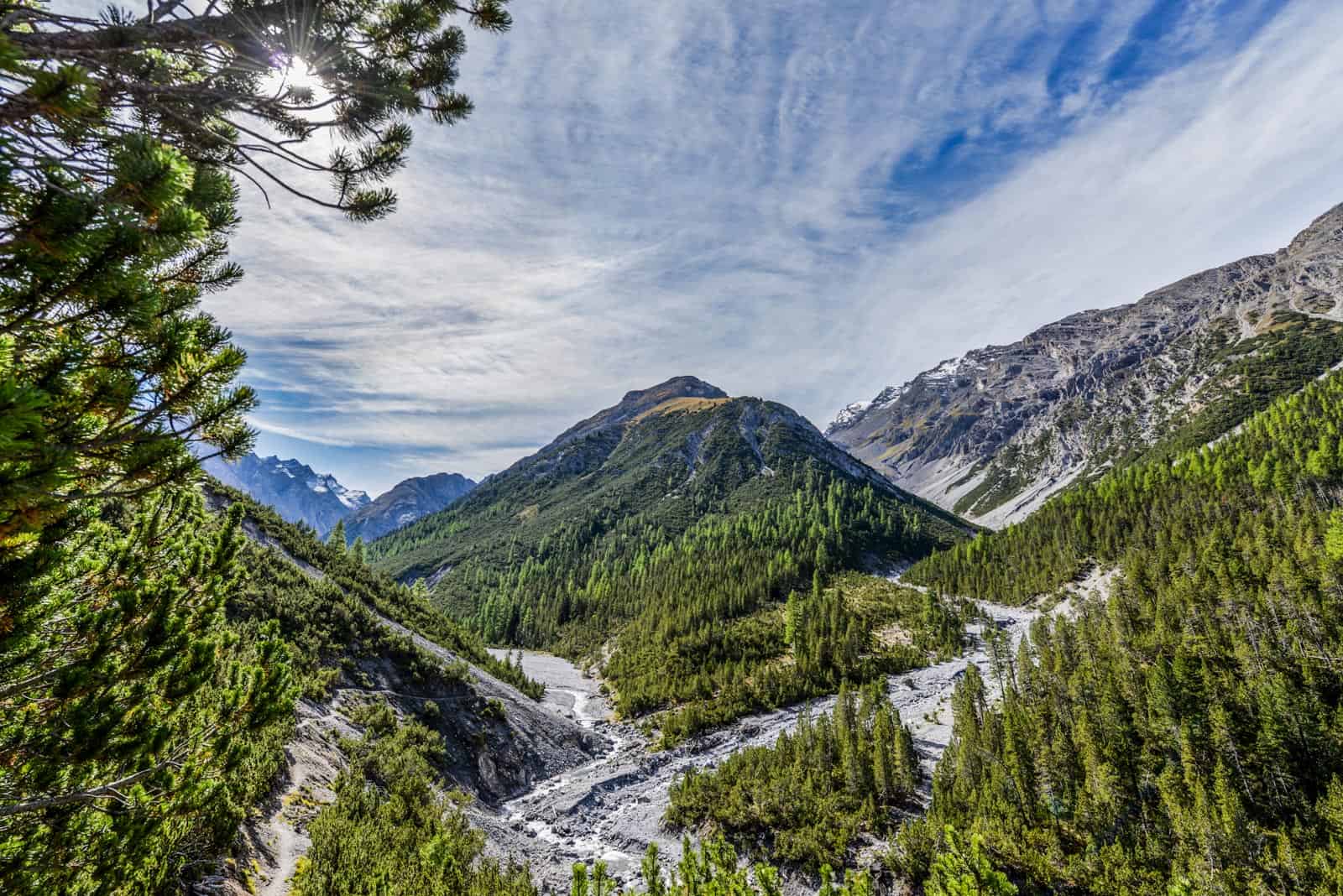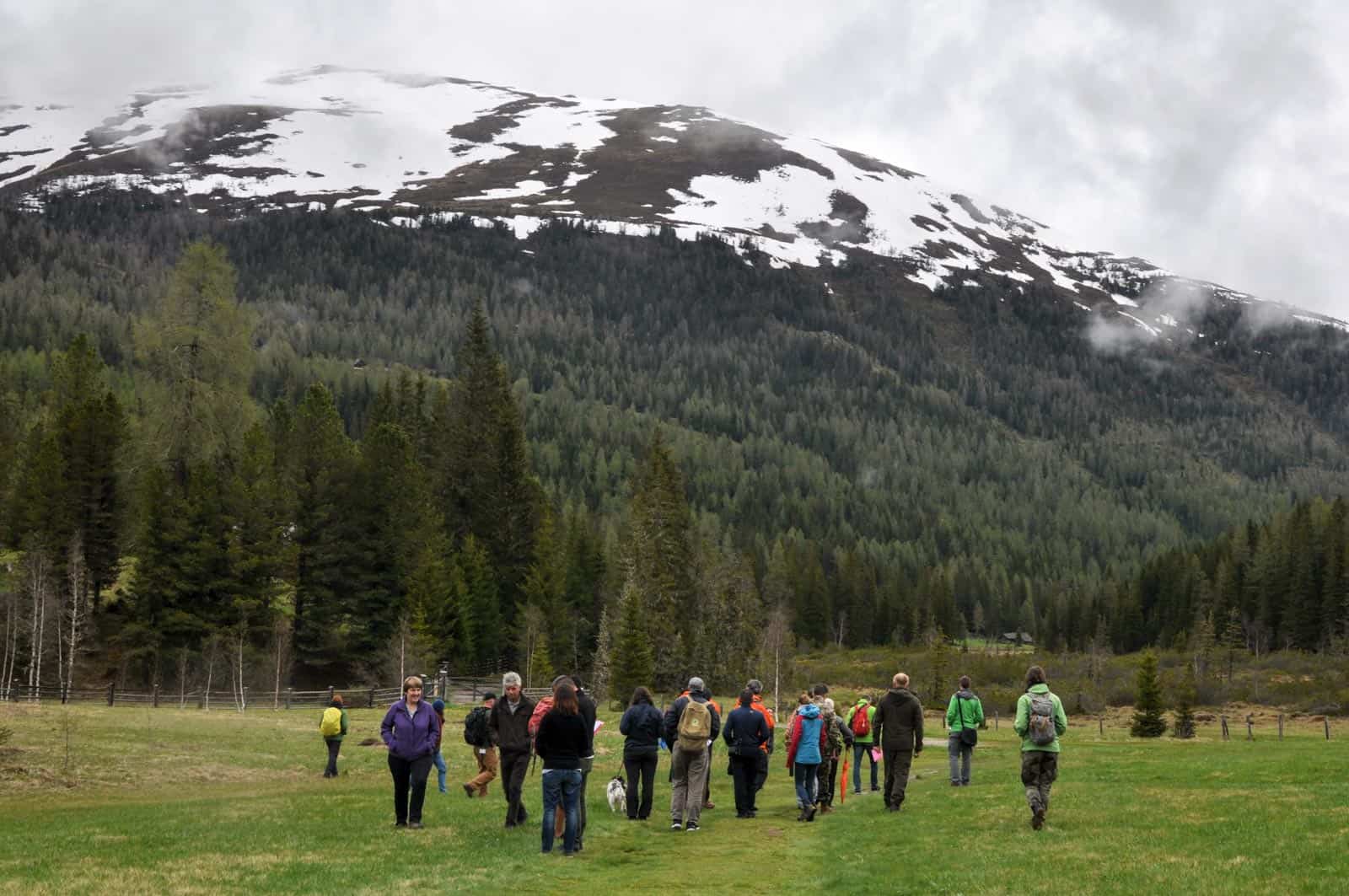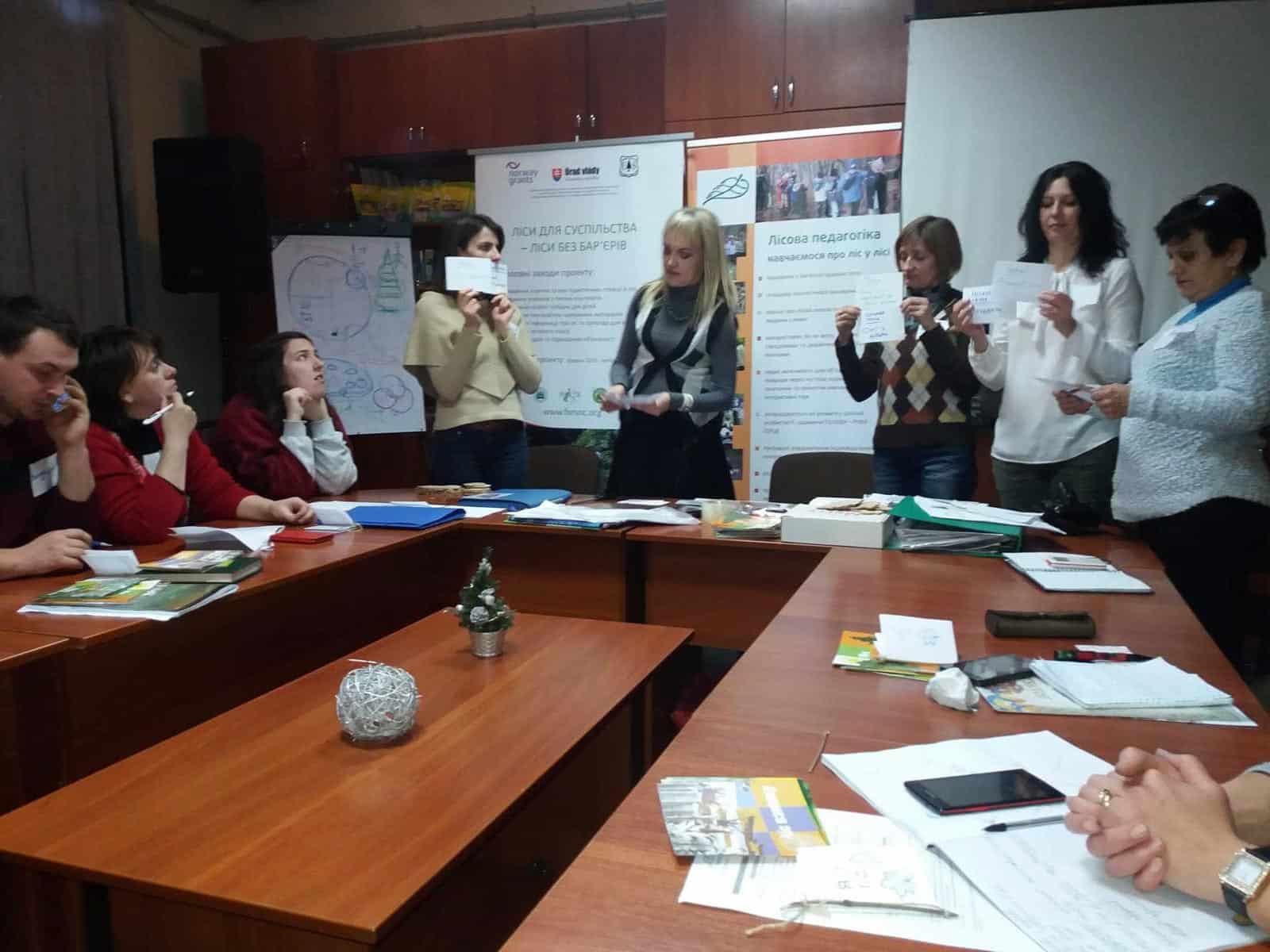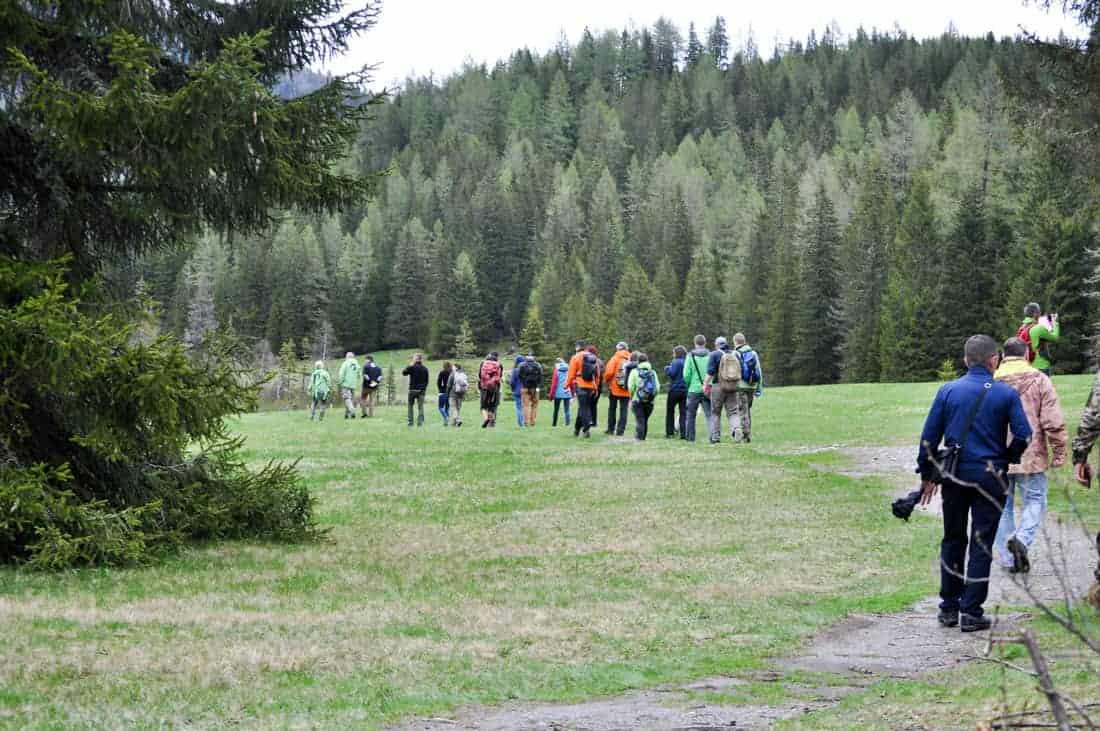Shifting Baseline Syndrome: The disease of forgetting what has been lost in nature
Here at European Wilderness Society we are trying, in a way, to cure Europe of this disease.
But what is Shifting Baseline Syndrome? I first read about it in a recent book by Jeremy Hance, called Life is Good: Conservation in the Age of Mass Extinction, but the disease was identified much earlier, the syndrome having been discovered by Daniel Pauly who first elucidated its symptoms in 1995. He observed only one symptom and that is the acceptance by the general population of the gradual disappearance of nature, in the specific case about which Daniel Pauly spoke, was the marine environment. He observed that fisherman and marine scientists assumed that the current populations of fish species were the norm, he observed how each generation was gradually accepting less, less fish. This syndrome is also present in terrestrial landscapes as well, we accept less forests, less meadows, less species diversity. It is now an accepted ‘syndrome’ and it is defined as a gradual change in our accepted norms for ecological conditions. The syndrome manifests itself by incrementally lowering our standards of the natural world which results in each new generation lacking knowledge of the historical and presumably more natural condition of the environment of previous generations. In simpler terms, we are forgetting what has already been lost in nature.
I alluded to this syndrome in a blog post from Nov, called the Silencing of European Wilderness in which it highlighted the rapid decline of bird species in Europe forests, not just rare species but common species as well. Are we going to allow this disease to silence our forests, meadows and Wilderness areas, will we not even notice what is happening? But it is happening, gradually as Daniel described. Will Wilderness, natural areas and a diversity of species become a distance memory in the years to come?
As it stands, only 2% of Europe is considered Wilderness but the European Wilderness Society is working towards more Wilderness in Europe, with a goal of increasing that percentage to 5%. We are creating momentum about the importance of Wilderness areas, educating about what constitute Wilderness and why it needs protection. We don’t just speak about Wilderness protection but also we tell the story of large carnivores and their plight throughout Europe. We are constantly trying to show the importance of top predators in the ecosystem, bears, wolves and lynx. Their importance for biodiversity conservation and how they form an integral part of the cultural and natural heritage of the European landscape, how they are unjustly persecuted for perceived threats to human safety and livestock.
Join us in helping stop shifting baseline syndrome! We want More Wilderness in Europe.

